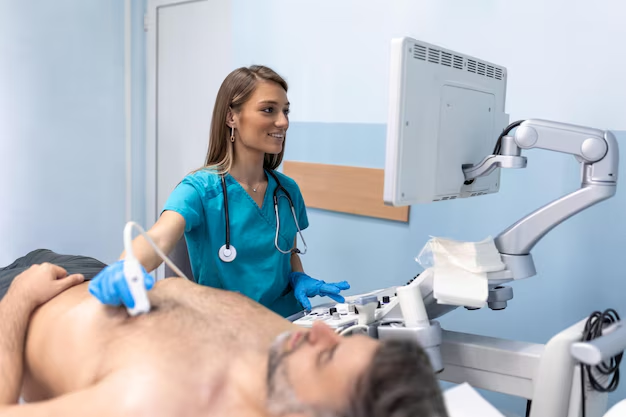How to Become an Ultrasound Technician: Degrees and Certifications You Need
Embarking on the path to becoming an ultrasound technician, also known as a diagnostic medical sonographer, involves a blend of formal education and specialized training. To pursue this rewarding healthcare career, aspiring technicians typically obtain an associate degree in diagnostic medical sonography, though some opt for a bachelor's degree to enhance their credentials and career prospects. Accredited programs, which usually take 2 to 4 years to complete, provide intensive classroom instruction combined with hands-on clinical experience. Beyond academic degrees, acquiring certifications from recognized bodies like the American Registry for Diagnostic Medical Sonography (ARDMS) is crucial for demonstrating competency and enhancing employability in this competitive field. While certification is not universally mandated, many employers prefer or even require it, making it an essential step for many entering the profession.
Professionals in the field often seek further specialization through additional credentials, which can open doors to specific areas like obstetric or vascular sonography. The dynamic nature of healthcare encourages continuous learning and skill enhancement, urging ultrasound technicians to pursue further certifications and advanced training opportunities as they progress in their careers. By investing in targeted education and certified mastery, ultrasound technicians ensure they meet the industry’s evolving demands and maintain the highest standards of patient care.
Key Steps in Becoming an Ultrasound Technician:
- 🎓 Degrees:
- Associate Degree in Diagnostic Medical Sonography (2 years)
- Bachelor's Degree in Sonography (4 years, optional for advancement)
- 📜 Certifications:
- Certified by the American Registry for Diagnostic Medical Sonography (ARDMS)
- 🔄 Continuing Education and Specializations:
- Specialization in Vascular, Cardiac, or Obstetric Sonography
- Advanced training and additional certifications for career advancement
Pursuing these educational paths and certifications ensures that ultrasound technicians are well-equipped to provide high-quality diagnostic imaging services, greatly benefiting the healthcare industry and patient outcomes.
